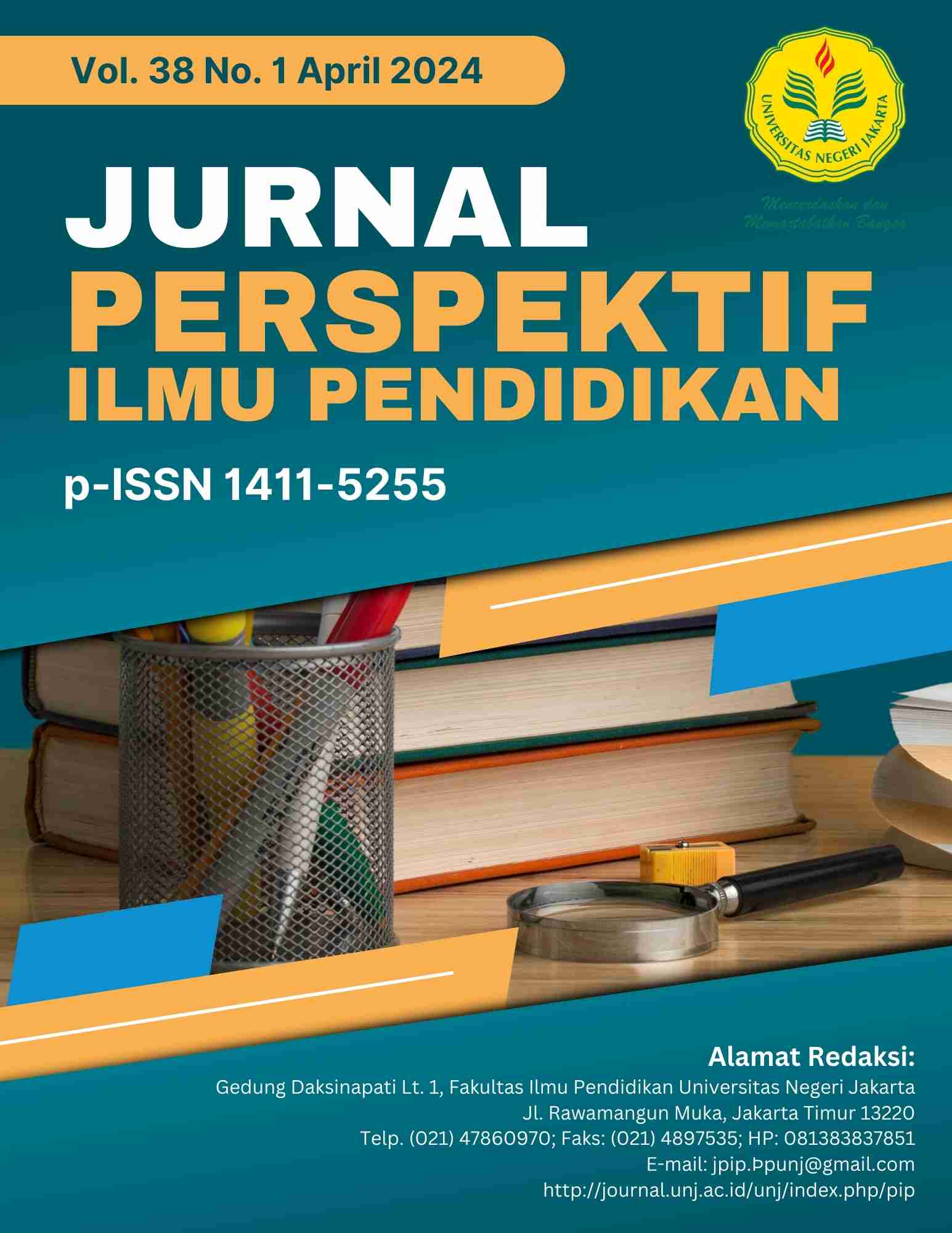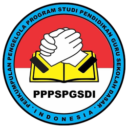The Use of Metaverse in Providing Interactive Learning Experiences in Schools
DOI:
https://doi.org/10.21009/PIP.381.2Keywords:
Metaverse, Innovation, Education, Media, LearningAbstract
The development of digital technology has played an increasingly important role in education, and the concept of the metaverse offers the potential to enhance the quality of learning. The implementation of metaverse in education is gradually taking place, but understanding and utilization are still limited, especially at the primary and secondary school levels. This is further reinforced by the fact that Indonesia still adheres to mass education or education 2.0. This statement reflects the limitations in understanding and utilizing the concept of metaverse in school-based learning. This research aims to explore the utilization of metaverse as an interactive learning tool in the school environment. The research method used is a survey method, with educators at the primary and secondary school levels as respondents. Quantitative descriptive analysis is employed to determine the values of the related variables. The results of this research show that 40.4% of the respondents state that integrating social media with the metaverse can enhance the engagement and relevance of learning, creating interesting and interactive learning experiences. The metaverse also supports virtual social interactions, collaborative learning, and strengthens relationships with learners from diverse backgrounds. However, 47.4% of the respondents state that the integration of metaverse in learning practices is still limited, and learners' understanding of the metaverse needs to be improved. Further efforts are needed to integrate the metaverse into learning practices at schools, develop effective learning materials, and address existing challenges. In conclusion, the use of metaverse in learning has the potential to enhance learner engagement, creativity, collaboration, and motivation, but it requires more intensive efforts to fully integrate it into learning practices at schools.
Downloads
Published
How to Cite
Issue
Section
License
Authors who publish with this Journal agree to the following terms:
- Author retain copyright and grant the journal right of first publication with the work simultaneously licensed under a creative commons attribution licensethat allow others to share the work within an acknowledgement of the work’s authorship and initial publication of this journal.
- Authors are able to enter into separate, additional contractual arrangementfor the non-exclusive distribution of the journal’s published version of the work (e.g. acknowledgement of its initial publication in this journal).
- Authors are permitted and encouraged to post their work online(e.g. in institutional repositories or on their websites) prior to and during the submission process, as it can lead to productive exchanges, as well as earlier and greater citation of published works.
-
Users/public use of this website will be licensed to CC BY-NC-SA Creative Commons Attribution-NonCommercial-ShareAlike 4.0 International License












